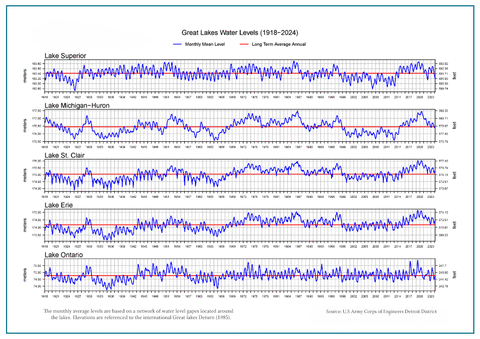State budget amendment would require apprenticeships for workers on state-funded projects
No obvious out for those who have already been working
The House Appropriations Committee Subcommittee on General Government added language to the 2025 Michigan budget to require skilled trades professionals to enroll in an apprenticeship program as a condition of working on state-funded projects.
The boilerplate language was added in section 228 of the budget. It reads: “Requires all construction, repair, or remodeling projects to be performed by individuals who have completed or are enrolled in a registered apprenticeship program.”
Under the language, anyone who has already worked on a state-funded project as a welder, plumber, electrician or in another capacity would not be able to work on a new project without having been registered in an apprenticeship program. This would apply even if a person had been doing that work for years.
Rep. Tom Kuhn, R-Troy, introduced an amendment to strike the language from the budget. The subcommittee rejected the amendment 6-3 on a party-line vote.
A representative of a contractors’ trade association said the proposal would have wide-ranging effects. “Under this proposal, every worker on a job site will need to be enrolled in a registered apprenticeship program, meaning the worker sweeping the floors, the worker picking up orange barrels along the road and the worker holding the slow/stop sign at each end of a road project needs to be a registered apprentice,” Shane Hernandez, president of Associated Builders and Contractors of Michigan, told CapCon in an email.
Hernandez continues, “The language included in the budget not only limits opportunities for apprentices in Michigan, but it goes a step further by penalizing workers who have dedicated decades to a construction trade, blocking them from a job site simply because they took a different route to enter the trades.
Hernandez says the budget language will result in increased costs, longer timelines for projects, and fewer opportunities for workers to get into the skilled trades.
Certain occupations are subject to state-imposed regulatory requirements for training and education, and many professional societies offer certification programs. These include the American Welding Society for welders and the ASSE for plumbers.
State-imposed requirements can keep some people out of certain occupations and reduce economic growth, scholars and regulatory experts said at an October 2023 conference held by the Mackinac Center.
“Regulatory and legal barriers to work cost America two million jobs each year,” Conor Norris, one of the participants, told the audience. Norris studies the labor market at West Virginia University.
The country suffers $7 billion in lost output and $185 billion in misallocated resources, he added.
Michigan Capitol Confidential is the news source produced by the Mackinac Center for Public Policy. Michigan Capitol Confidential reports with a free-market news perspective.




 EGLE swoops in on Mundy megasite
EGLE swoops in on Mundy megasite
 EGLE flap leaves 150,000 tons of waste headed for Michigan landfills
EGLE flap leaves 150,000 tons of waste headed for Michigan landfills
 Farmers, builders accuse state environmental agency of bullying and overreach
Farmers, builders accuse state environmental agency of bullying and overreach